Courses
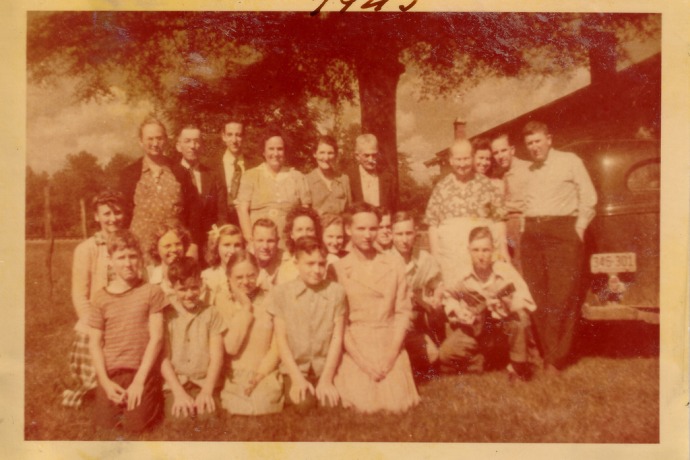
Family, Politics and Poetry: What Ties Them All Together?
With the holidays been and gone, family is on my mind. I haven’t been ‘home’ for Christmas – that is back to America – for nine years. When I was a kid, my brother and I were given rules on the day – things we should and shouldn’t say. My Dad knew not to drink…
Read More
Why the sonnet?
Why the sonnet? Because it is one thing. Because it is many. First of all, the many. Petrarch in the late Middle Ages, Terrance Hayes in Trump’s America, Camões, Shakespeare, Goethe, Baudelaire, Lorca and thousands of other poets across the centuries in their different cultures and languages: who would pretend that their poems are anything…
Read More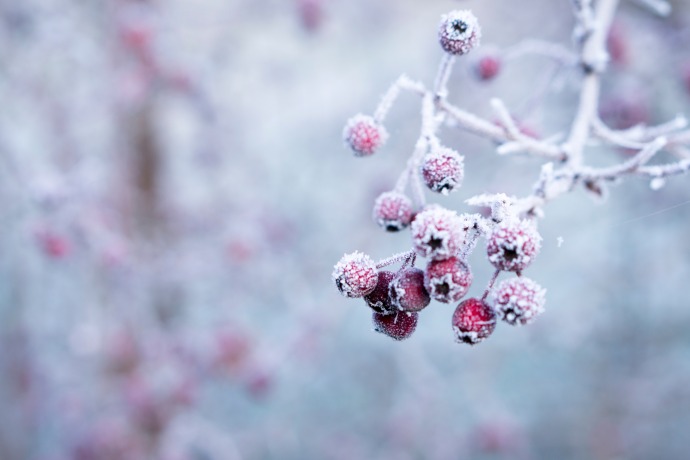
Interview with Mark Waldron
Maria Lewandowska interviews poet Mark Waldron, author of The Brand New Dark (2008), The Itchy Sea (2011), and Meanwhile, Trees (2016), who will be teaching the Advanced Poetry Course at Poetry School next term. Maria Lewandowska: What are your plans for the workshop, and what do you want to focus on with your students?…
Read More
Come Back Early: Revisiting and Revising
This past year or so I’ve been moving house more than is usual. A combination of short-term jobs, travel, and parental flitting has meant that, since late last summer, I’ve had to recalibrate my thoughts about my possessions, my relationships with material objects and with (literal) baggage. Some former objets d’art, treasured through the years,…
Read More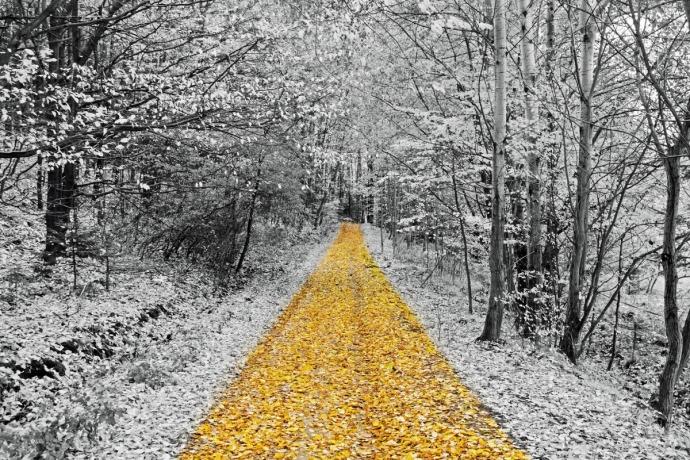
A Dweller on the Plains: the Poetry of Walking
I haven’t always loved walking. As a child, I saw it as an unnecessary distraction from reading. It was only when I lived in central London and could walk everywhere that I started to enjoy it as a mode of transport. I walked back home from events in the evening, noticing the vivid flashes of…
Read More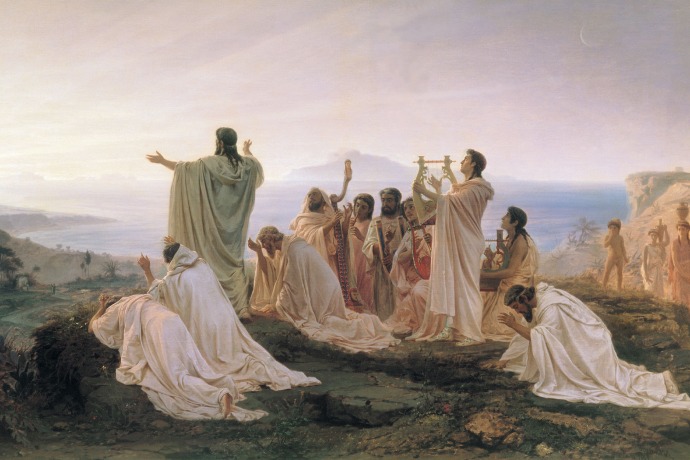
Technicians of the Sacred: The Poem as a Magical Event
‘Magic is the very essence of it all. It’s spirit, the life force, that creative, inexplicable power which we all possess and seek to express in the world. How well we manage to do that is a totally individual matter.’ – Lucius Mattheisen In the contemplation of magical space, what emerges is just how…
Read More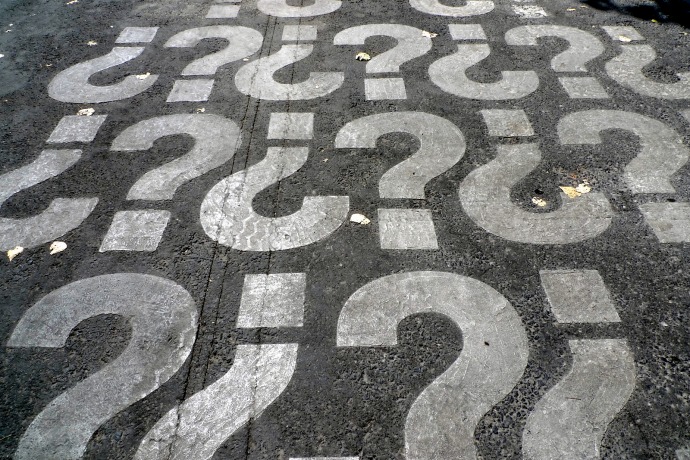
What Is a Poem?
Does a poem have to rhyme in order to be a poem? Does it have to have line breaks? Does it have to be about metaphysics or can it be about tin openers – can it be about both? Is a poem still a poem when it is ‘deliberately opaque’? What about if it’s been…
Read More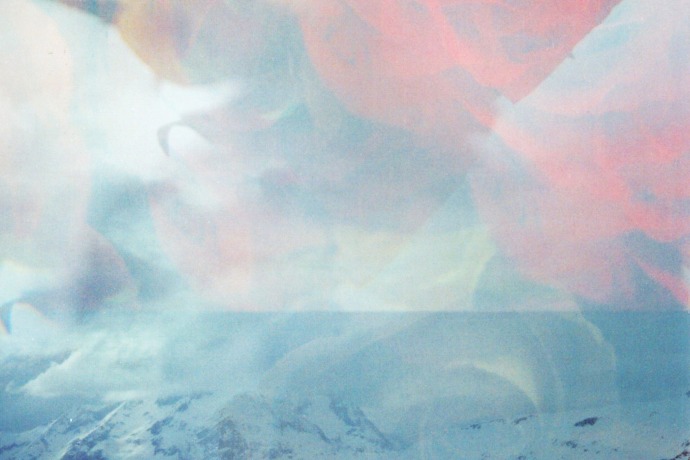
The Double-image of Poetry and Photography
Creative mediums are not indefinable. They have essential elements that mean they are not something else at root. But their practise is not best served by recourse to the ‘it is whatever you want it to be’ line of thinking. I mean, that’s fine, of course – people can think what they like – but…
Read More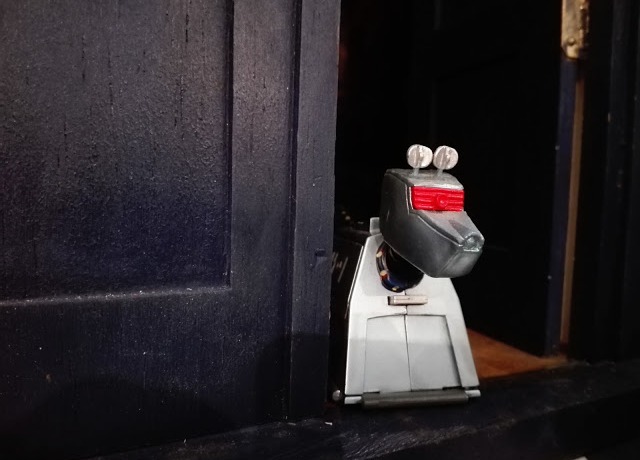
What is Science Fiction Poetry?
Poetry often confines itself to the ‘real’ world, the world of nature or the city, relationships or the inner life. It is a counterpart to the novels of literary fiction which deal with these themes. But what about the themes covered by so-called genre fiction, speculation about the future, or life beyond the Earth? There…
Read More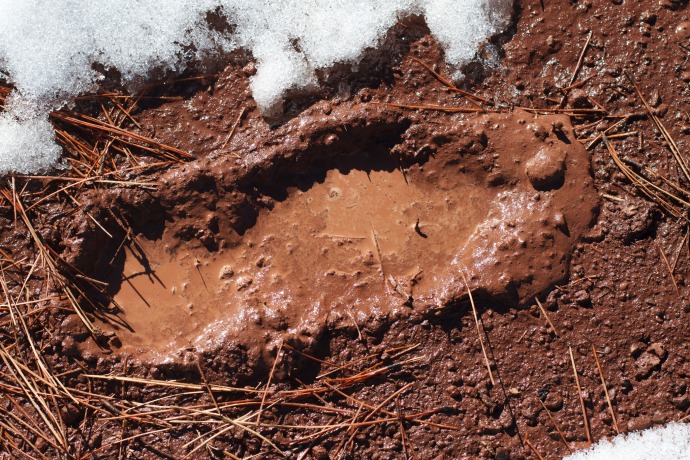
Someone Else’s Shoes: Poetic Monologue
Poetry is escape. The bloke at the desk there, not moving at all, not even seeing us as we step into his room now, but staring into space, tapping perhaps his pen against his teeth, or leaning now to squint closely at a sheet of paper, alive with these squiggly, wriggly marks which contain all…
Read More
Bridging Two Different Lands: Identity & Place
Ahead of her upcoming workshop, Romalyn Ante writes of the power of place in making us who we are The city teaches the man – Simonides The concepts of place and identity have always been interlinked, whether in geography, environmental psychology, urban planning, or ecocriticism. In this one-day workshop we will explore how…
Read More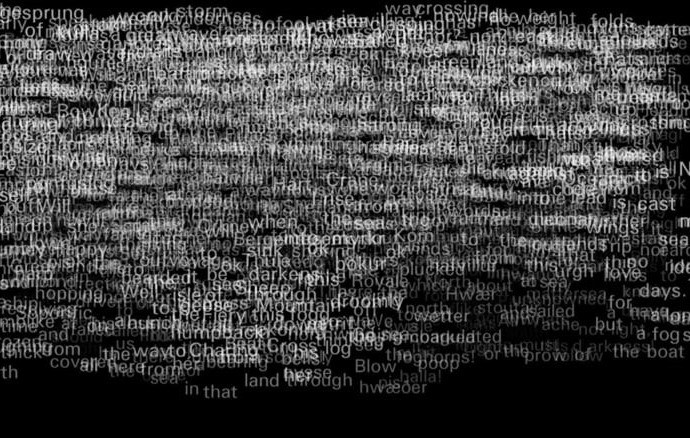
Ancient Tongues and Hybrid Texts
Ahead of his upcoming course in Bristol, Rowan Evans writes about the intricate link between ancient languages and experimental poetry. Language started shaking ok the day started shaking ok words are a matter of shaking – Caroline Bergvall, Drift (Nightboat Books, 2014). This Autumn I begin practice-based PhD research at Royal Holloway,…
Read More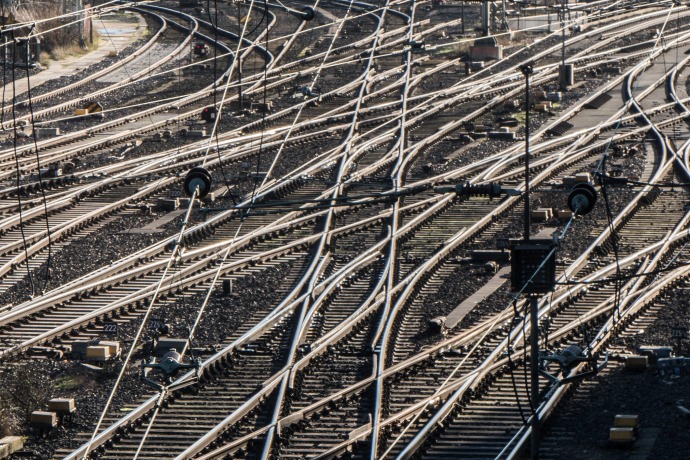
Fuck Lyric
Ahead of his upcoming online course, Joey Connolly writes on the politics of ‘the lyric’. In an unnamed poem in her 2017 book Fourth Person Singular, Nuar Alsadir writes: ‘On the local platform at 86th Street waiting for a 6 Train, I noticed, written on a column in thick Sharpie, “Fuck Lyric:” I…
Read More
‘My ghost you needn’t look for’ – Searching for Robinson Jeffers
The Venice of my birth, a far cry from Casanova’s Serene Republic, at whose spectre tourists chase to the tune of hundreds of euros a day, had already been pimped out to cruise-ships by the time I had learned to walk in the late 1980s. A stone’s throw from its noxious canals, life on the mainland…
Read More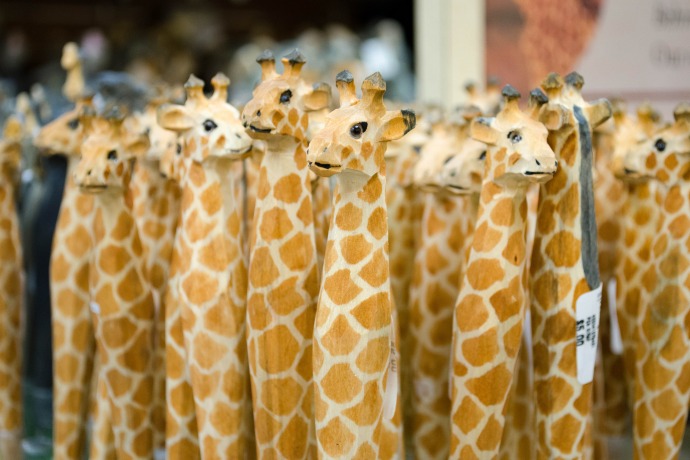
Get Stuffed: Why We Need to Pay Attention to Things
Lately, Stuff has been on my mind – reading, writing, life. We’ve just moved into our first home and have installed U. A. Fanthorpe’s ‘Atlas’ in a frame on the wall. It’s a great example of how the largest themes can emerge from ‘storing the WD40 and knowing when to use it’ [sic]. I now…
Read More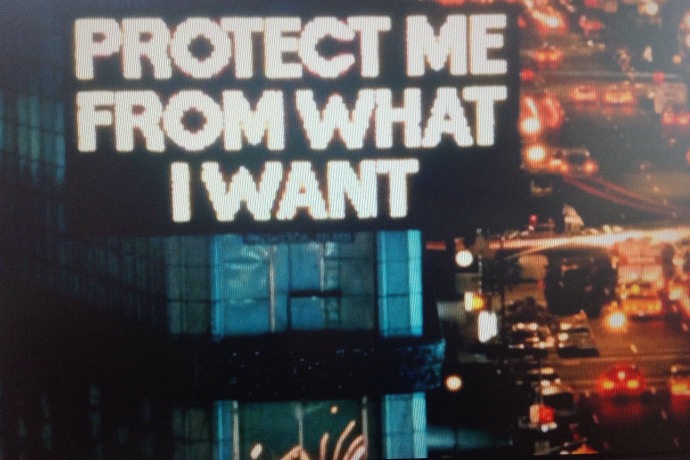
‘It feels like a time of poetry again’ – the Revolutionary Moment(s) of 1968
Obsessed, bewildered . By the shipwreck Of the singular . We have chosen the meaning Of being numerous. . (George Oppen) In Giedre Zickyte’s 2012 film How We Played The Revolution a Lithuanian politician looks back to the time when his country peacefully withdrew from the Soviet Union. ‘It was a time of poetry,’ he…
Read More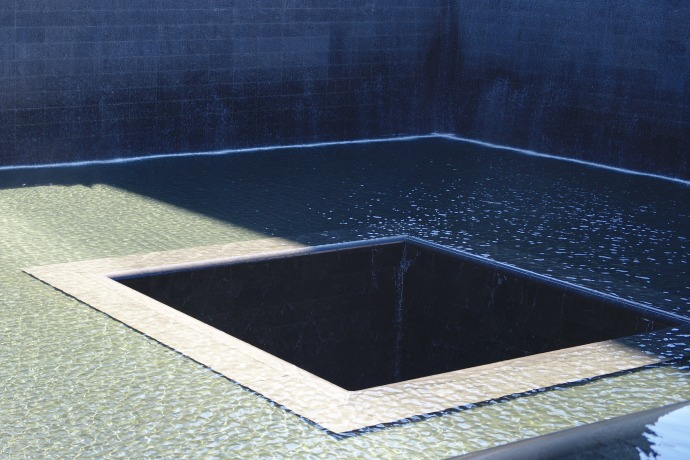
Please – No More Poetry: Writing in Response to Trauma
The idea for my upcoming online course – Please – No More Poetry – began with a question that has occupied my thoughts for many years now: what is the relationship between poetry and trauma? In a conversation with my doctoral supervisor – a wise scholar and wonderful poet – I described my fascination with…
Read More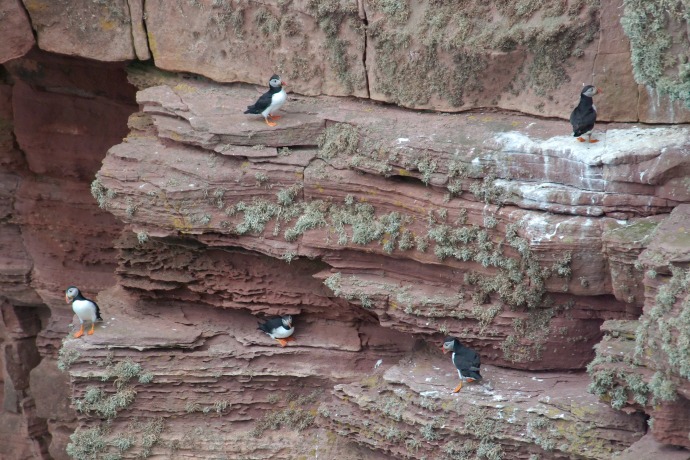
Against English: an interview with Harry Giles
Will Barrett: Hi Harry. Tell us about your upcoming course with the Poetry School, ‘Against English: Dialects, Distortions and New Vocabularies’. Harry Giles: Hi! ‘Against English’ grew out of a one-off session I did with the Poetry School a few years ago, exploring the overlaps between writing in regional dialects, in experimental constraints, and in sound…
Read More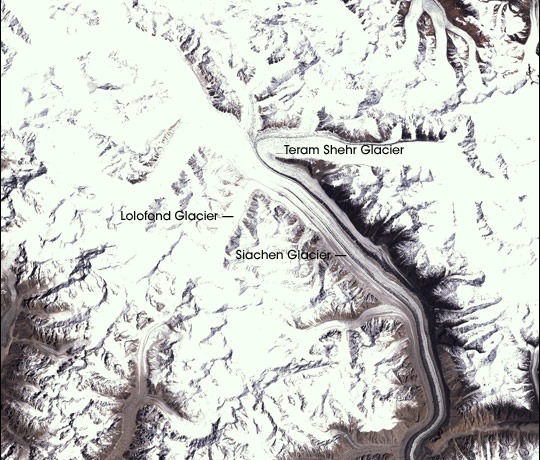
Digital Poetry Beyond the Prehistoric
I think digital poetry is a genre that can offer poets exciting possibilities to create new work that explores and expands language. And that’s what I’m aiming to do with my new course at the Poetry School. Without disappearing down an internet wormhole ‘researching’ the topic of what is digital poetry, what are digital poetics…
Read More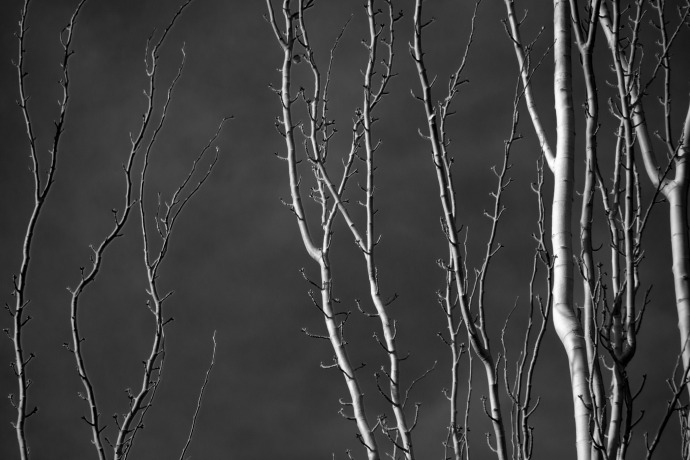
The God in the Forest: Finding the Spiritual in Nature
In the Iliad, there is a passage where Zeus calls all the gods to an assembly on Mount Olympus. But it is not only the Olympians who come – along with them are all the streams, and the nymphs of the woods, the rivers and the meadows. The Homeric world is one in which nature…
Read More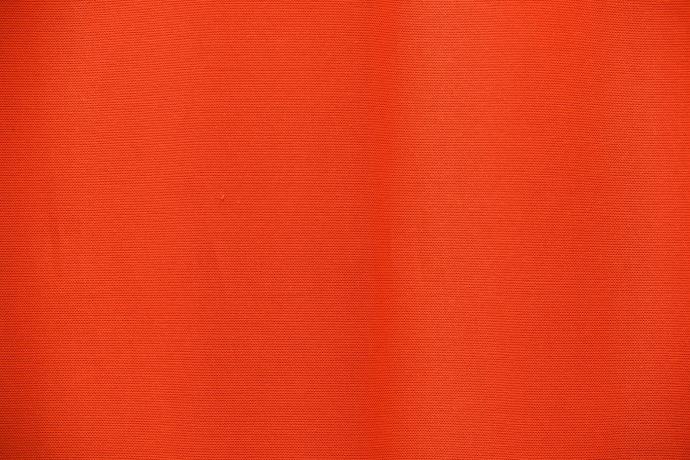
Course Quick Guide – Autumn 2018
Face-to-Face Courses London Three Term Courses: The first term of our flagship year-long courses (3 x 10 week terms) The Poet’s Toolkit (Autumn 2018) with Shazea Quraishi Explore poetry’s inner workings, hone your craft, and take a close look at various forms and techniques to help your poems achieve lift-off. Pamphlet / Portfolio…
Read More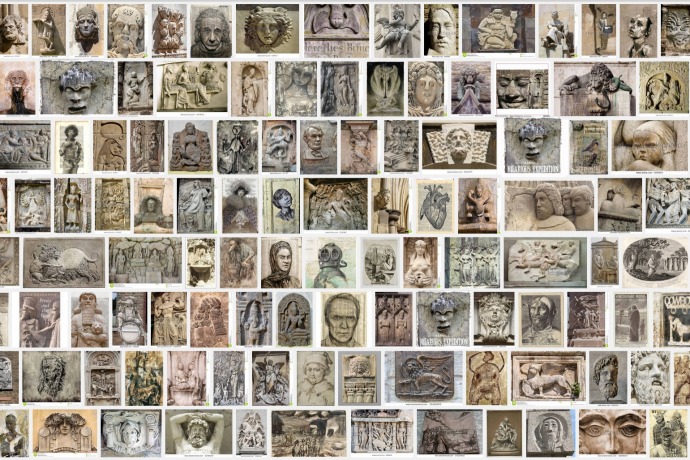
Archiving Your Self Yourself: an interview with James Davies
James Davies is interviewed by James Davies – his uncannily named next-door neighbour – about his upcoming course for Poetry School, Archiving Your Self Yourself: Quantified Self Studio James Davies: Hi there James. How are things this morning? James Davies: Really really great James. Right now I’m dandy. I’m usually dandy. I see the birds….
Read More
What is a Metic Poet?
The question most writers ask me at the beginning of a Metics workshop is ‘What is a Metic?’. The simple answer usually is: You are! A fish does not know it’s a fish until it leaves the water. The term ‘Metic’ means a foreigner whose allegiances are split between their homeland and their new country. Metic is a Greek word, which we might…
Read More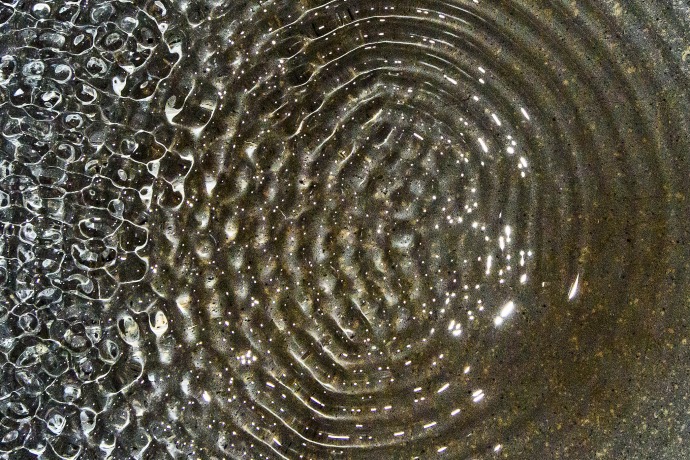
Talking Back: Poetry, Dialogue and Voice
In her 2017 collection Stranger Baby, Emily Berry stages a dialogue between voices living and dead, a sort of haunted (and haunting) psychodrama, both intimate and fiercely private: “I wish you would put some kind of distortion on my voice,” says the speaker in ‘The End’, “so people don’t know it’s me.” This is poetry…
Read More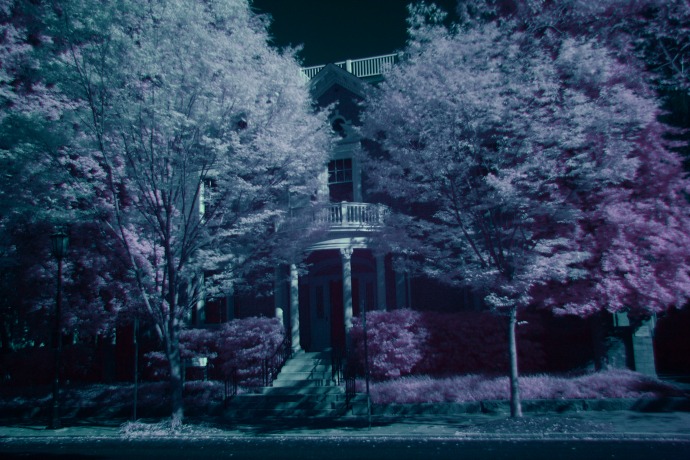
The Opposite House: But We Never Go In That Room!
[T]he borders of our minds are ever shifting, and…many minds can flow into one another, as it were, and create or reveal a single mind, a single energy. from ‘On Magic’ by W. B. Yeats. Childhood is a time when our brains are, as Yeats states, ‘ever shifting’. We are laying the…
Read More